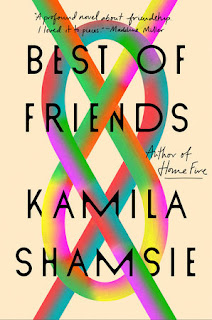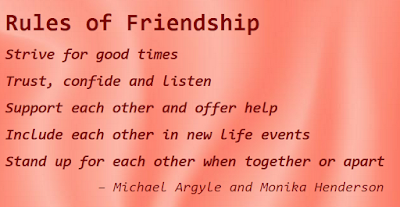Health experts are adamant that maintaining strong social connections is key for healthy aging.
Loneliness and social isolation contribute to depression, anxiety, as well as increased risk of suicide, dementia, stroke and heart attacks, reports Mayo Clinic.
The elderly are not the only ones feeling loneliness.
In Five-Star Stranger by Kat Tang, a young man works for an online rent-a-companion service, well paid for standing in as dates, friends and even father to a little girl with a distracted, insecure single mother. The mother has paid Stranger for years to stand in as father to the intelligent and somewhat neglected girl, on the cusp of becoming a teenager. The time commitment is one day per week, and his storyline: He works as a long-haul trucker.
That relationship is shocking but understandable as Stranger was the child of a single mother dedicated more toward her failed acting career than her role as mother. Stranger didn’t finish high school and has few skills except for good looks and an amiable personality flexible for most client scenarios. He excels at his work, hence the novel's title. He balances long-term connections with suitable cool distance, likely atoning for past transgressions and his mother’s suicide. Adept at providing people with the services they need, Stranger surely would have relished a stand-in father who would have helped with homework and offered guidance on everyday problems: “Wasn’t the staid performance of love and care everything anyone really wanted? Did deeper feeling have to exist for the act to have meaning?”
Stranger also sees his line of work as another reflection of “the trashed decadence of an overfattened empire poised for its inevitable fall.”
Friendship can turn on and off like a faucet, and Stranger mulls over the meaning of such relationships, wondering if it’s all an attempt to dodge loneliness: “In school, friendship was an incidental by-product of liking the same movies or being good at kicking a ball on a grassy field. Rarely did we take care of one another… but still stuck together because we didn’t want to be alone. But now, as adults, people chose friendship – this fickle arrangement that could be taken away at any time without recourse.”
Problems ensue when Stranger mixes two clients, the young girl who trusts him as her father and a woman who’s struggling with writing assignments and relies on him for role playing. The threesome heads off to the zoo, and suddenly, “Somehow, we were more of a family with the addition of one female stranger than we had been without – a feminine power.” Darlene, the writer, actually pretending to be a paternal aunt, fascinates the little girl who wants more, and Stranger must handle a fake daughter corresponding with a fake aunt.
The writer condemns the pretend-parenting as wrong, and threatens to expose the charade even as Stanger contemplates trying for a relationship with the girl’s mother in order to have a daughter. His narrative breaks down and the girl’s mother breaks off contact, accusing him of being a parasite. “You prey off people’s insecurities. You don’t let them change or grow. You want them to be weak, to depend on people like you.”
Afterward, Stranger sets out to learn more about his own mother and confronts the purpose of his life, realizing he must decide if he wants to keep pretending at relationships or take a risk by proving his existence and pursuing the real thing, good or bad.
Back to aging and isolation, Senior Navigator offers tips for staying socially connected. And sometimes companions can be rented, as one family did when an aunt suddenly became incapacitated and landed in a nursing home a few hundred miles away. The family heard that that nursing home staff pay more attention to patients with involved family members. So the family paid a woman and child to visit each Wednesday or Thursday, bringing milkshakes and standing in as family. Two nieces also visited regularly, at least every other weekend.
Simple and regular companionship can be a treasure. The aunt was pleased with the visitors, whether friends or strangers.





